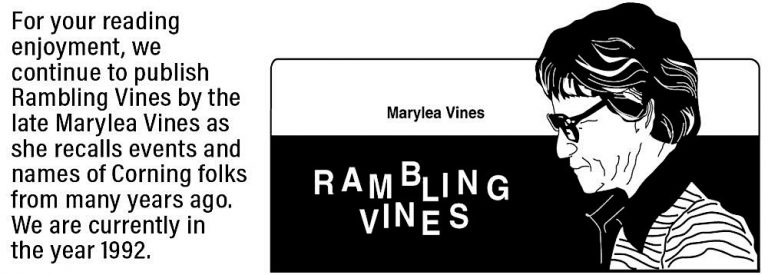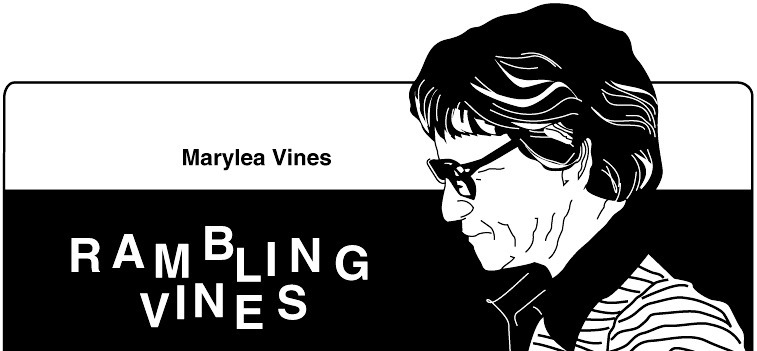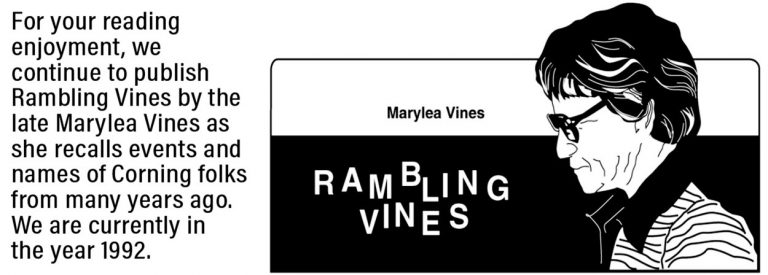The Lowe Down

As citizens, living in what the world sees as a free country, should our state or federal government mandate the books we read, websites to visit, social media outlets to enjoy, who to love, and enforce reproductive laws? Would such a condition be classified as democracy? I’m not asking if these issues in and of themselves are right or wrong. The question is, should your state or federal government maintain this much control over citizens’ lives? Where does the freedom of citizens of the United States begin and end?
The growth of Christian nationalism is alarming in our country. It opposes the constitutional ideal that being a citizen of America is not based on the faith one practices or whether someone is religious at all. The political philosophy that pursues the merging of American and Christian identities is becoming entrenched in our society. It is dangerous to our democracy to hold the belief that to be a true American one must be a Christian.
Christian nationalism supports a number of threats to religious freedom in our country.
In regard to the First Amendment concerning the “separation of church and state”, there is no mention of those particular words, but Thomas Jefferson stated there must be a “wall of separation” to limit the involvement of religious denominations and religious leaders in national governance. There was concern that religion could be used to pressure citizens who held different views or had no religious conviction to conform to the beliefs and practices of a particular religion. In other words, Jefferson and some of the other founding fathers, were watchful for indoctrination. They felt so strongly about the wall of separation between church and state that the words, Jesus, God and Christianity are not mentioned in the U.S. Constitution.
Since the days of the late Jerry Falwell and the creation of the Moral Majority in 1979, religion has been politicized through lobbying, political actions and verbiage. This has slowly spurred the Republican Party to stake sole claim to both religion and patriotism. This organization may have lasted only 10 years, but today’s political landscape is a descendant of those beginning efforts of the party to inoculate conservative social values. Although there are Christians in the Democratic Party, the Republican ace in the hole is instituting religion in politics. They are counting on it in the November presidential election. It might be an easier sell to the average voter in 2024 if their candidate was of moral character in word and deed.
Is it ok if our government takes on the role of moral police? That’s the issue that we are facing today. I’m going to go out on a limb here and say, it will not concern many people until lawmakers ban or restrict something that specifically matters to them. The trouble with that is the “if you give an inch” adage. It won’t be long, and a law they want to impose will affect something or someone(s) that you care about in their quest to govern over all people in your state or our country.
There are some leaders who seem determined to dictate how citizens live their lives. If it doesn’t agree with their ideals, then it must be banned or considered unlawful. And it is not lost on me that many of these lawmakers and governors endorse a presidential candidate that does not possess moral fortitude. They choose to support a man, who at last count, is facing 88 felony counts and currently on trial for paying off a sexual companion. And he allegedly paid his companion hush money through a shell company where he reimbursed himself and documented it as legal expenses in his 2016 campaign.
The following is an applicable example of the separation of morals from the rules of law. People who justify the former president’s actions often claim injustice as Bill Clinton paid Paula Jones $850,000 in a 1998 civil lawsuit concerning sexual harassment. The legal difference is that Clinton’s payment was public and legal. His funds didn’t come from the government, and they weren’t campaign contributions. There is a clear distinction and there should be a separation between lawful or illegal actions and moral wrongdoings. One former president acted unlawfully in the deceptive method of payment, both men exhibited behaviors that can be viewed as morally wrong in their lifetimes.
Citizens of older generations will remember a time when character truly mattered, and many long for a return to those days. If you believe Satan exists, and many of us still do, he has worked his way into the mainstream. How else could vices be turned so easily to virtue and lies to truth in today’s society? Our society is extremely gullible to efforts of gaslighting and projection. It’s as if many people don’t even recognize evil any longer. The lines between right and wrong used to be clearly marked. If we pay attention to actions instead of words, it really does shine a light on what people will justify or rationalize if it serves their purposes and opinions. A second important question is, do morals matter in 2024?
If lawmakers want to lay claim to being Christians, then it’s reasonable for the public to expect them to act Christ-like, which means to love the Lord with all their hearts, souls and minds and to love their neighbors as they love themselves. It is after all, the responsibility of all Christians to lead people to Christ through word and deed. A 2024 Gallup poll indicated that the numbers of people attending church services has definitely declined. Most churches don’t need a poll to recognize that as they look out on empty pews. Twenty years ago, an average of 42% of U.S. adults attended religious services every week or nearly every week. Currently that number sits at 30% attending services.
Could it be that the outrageous conduct by some conservative leaders is partly responsible for the reduction of religious faith in our society today? The politicizing of religion may be having a detrimental effect and repelling people from becoming churchgoers. It wasn’t too long ago, around 1968, that a Gallup survey indicated that 53% of Americans believed that churches should not be involved in politics. I think the American people are trying to endure the repercussions of this politicization and in some cases, becoming dangerously numb to it.
To be clear, I am a Christian. It is not the job of our government to mandate Christianity. It is the responsibility of Christians to lead souls to Christ. The Lord created men and women in such a way that freedom is a crucial requirement for moral responsibility. God allows the opportunity for people to choose between good and evil, and between following and disobeying Him. The Bible indicates this in Genesis when Adam and Eve are in the Garden of Eden. If the Lord allows us to possess free will in order for us to be held accountable upon Judgement Day, shouldn’t our leaders allow us free will in making decisions as well?
It’s a slippery slope where those in power claim to know what’s best for everyone. It’s akin to an authoritarian rule. The question is, are the American people going to sit back and continue to allow this to happen or will they express their opinions at the polls? It’s clear that religion is being used as a political pawn and we, the citizens, are the hostages in the war on morality by a party claiming to be morally superior all while supporting a candidate who appears to disregard ethics.
Pam Lowe is the editor of the Clay County Courier. Readers may reach out to Pam at plowe@claycountycourier. com



